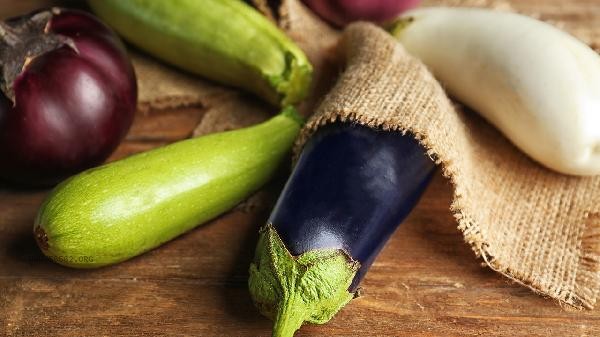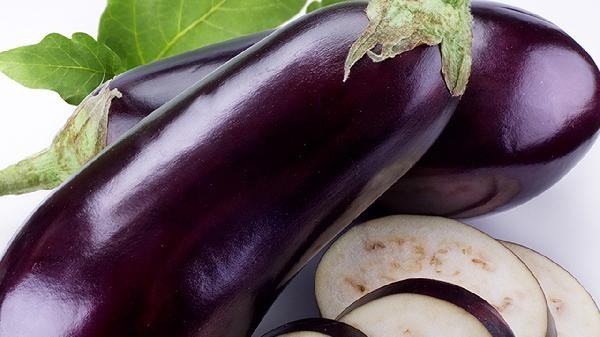After cutting the raw eggplant, it can be refrigerated or frozen for storage, depending on the subsequent usage needs. When storing, attention should be paid to three key points: sealing to prevent oxidation, controlling humidity, and avoiding cross contamination.

1. Refrigerate storage
Wrap the cut eggplant tightly with plastic wrap or put it in a sealed box, and refrigerate it for 1-2 days. No need to wash with water before refrigeration, a small amount of lemon juice can be applied to the incision to delay oxidation. Suitable for short-term use in cold dishes or quick stir frying, but the texture may slightly become tough after refrigeration and is not suitable for raw consumption.
2. Cryopreservation
Cut into pieces, blanch in water for 30 seconds, drain, lay flat and freeze for 2 hours, then pack and store for 1 month. Freezing can alter the sponge like structure of eggplants, and thawing them is only suitable for stewing or making eggplant puree. Pay attention to expelling the air inside the bag and avoid repeated thawing, as frozen eggplants lose a significant amount of vitamin B.
3. Salinization treatment
Soaking in 3% saline for 10 minutes and draining can inhibit enzyme activity and microorganisms. After salting, it needs to be refrigerated and used within 24 hours, suitable for dishes that require shape preservation. This method will increase the sodium content additionally, and people with hypertension should use it with caution.

4. Vacuum sealing
Using a vacuum machine to remove air can extend refrigeration storage for 3-4 days and maximize color retention. The cut surface of eggplant preserved in vacuum is not prone to blackening, but the equipment cost is high and suitable for batch processing in commercial kitchens.
5. Oil seal preservation
Fully immerse the eggplant pieces in olive oil and refrigerate for 5-7 days. Oil seals can block oxygen and add flavor, making them suitable for making dishes such as oil immersed eggplants in the future. Ensure that the grease is completely covered and use it as soon as possible after opening. Regardless of the method used, eggplants should be checked for freshness before storage, and any parts that have turned brown or soft should be removed. For short-term storage, it is recommended to prioritize refrigeration, while for long-term storage, freezing treatment is more secure. Before consumption, it is necessary to observe whether there is any odor or mucus produced. It is recommended to heat the preserved eggplant thoroughly before consumption. Eggplant contains solanine substances, and those with gastrointestinal sensitivity should pay attention to controlling their consumption. Pairing it with spices such as ginger and garlic can help with digestion and absorption.









Comments (0)
Leave a Comment
No comments yet
Be the first to share your thoughts!